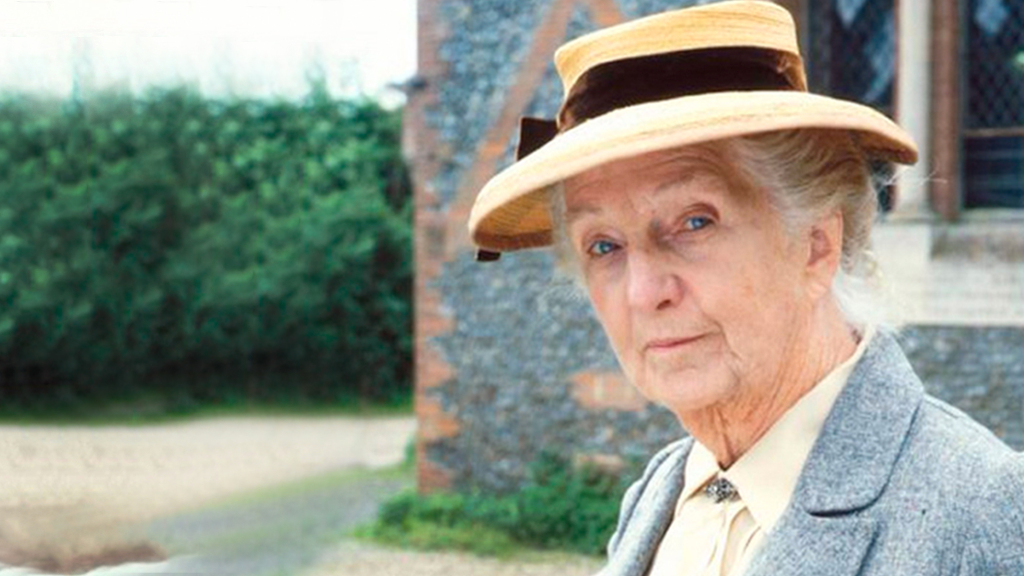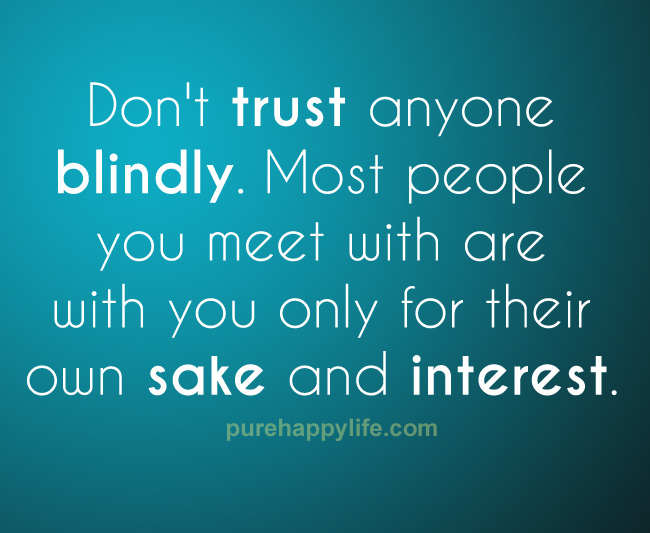Gwenda Reed:
Why didn't we think of that?
Miss Jane Marple:
Because you believed what he told you. It's very dangerous to believe people; I haven't for years.
"Sleeping Murder," Miss Marple (BBC) 1987, by Agatha Christie

Whom should we believe? Not me, certainly. And not here. I am not producing original thought here. I'm interpreting what I read, and that is wholly unreliable thought. The world is full of unreliable thought. News, social media, essays, all unreliable. And certainly believe nothing until you know why they want you to believe it. "Follow the money," good advice to Woodward and Burnstein, good advice to us.
Now that we know what not to believe, what's left?
In real life, believe no one you don't live with.
In science, we are in a tough spot. Ultimately I'd like not to believe anyone who published anything. I've seen many papers withdrawn, and even more that should have been. Folks publish bad science for a number of reasons, but mostly because they think they can get away with it and the career rewards for publishing are great. Peer review is supposed to catch the crap, but it's not really very good as catching it. Manipulate the editor to assigning as peer reviewers folks you know follow your ideas, or folks who are undiscriminating, and you can publish all kinds of unbelievable "science."
So we can cite only papers we trust, which means we are really trusting but the few scientists we know or who could explain things well enough that we had no suspicions that they faked their data. But honestly, it's the graduate student doing the experiments and they have a long history of lying to the primary investigator, last among the listed authors, first to take the blame.
And do we trust the papers that the paper we trust then cite? How far back are we to do in this chain of trust? Back to Boyle and his gas law, PV = k? As I said, we in science are in a tough spot. At some point we need to trust others because we haven't the time nor resources to duplicate all the experiments for ourselves to confirm every assertion we make.
I use Diogenes for my example: if it sounds silly, mock it. I get in trouble from time to time for not being trusting of my colleagues, or not being diplomatic, but I'll not be caught trusting in bad science, or hypotheses masquerading as theory, or work that has no intention of supporting a theory.
Fortunately I don't need to worry all that much, as most science being done today isn't trying to create any theory. Most science, most chemistry especially, uses well-known theories to explain every observation made, and most papers are "adding to the heap" of known facts. We are collecting facts, similar to collecting stamps, an accusation made a century ago, or made up later, to express disdain for science done with no goal in mind.
In this sense all studies become “scientific” to the degree that they aspire to reach the condition of physics and seek to imitate closely the complex interweaving of selective observation, controlled experiment, and mathematical elaboration which is to be found there. Those who favor this definition may take as their slogan the epigram attributed to the late Sir Ernest Rutherford that science consists only of “physics and stamp-collecting.”
1945 September, The Scientific Monthly, Volume 61, Number 3, Page 168,
American Association for the Advancement of Science.
Naomi Orestes wrote a book a few years ago, Why trust Science? wherein she tried to make the point that consensus achieves truth. I'll maybe trust a scientist if they have sufficient proof, but never the vague and nebulous "science." And I'll certainly never trust anyone talking about the scientific conclusions made by someone else. Far too much personal bias enters that conversation. And the idea of "settling" science via consensus is absurd. Science is finding evidence which destroys every alternative argument, not agreeing as a group what is happening.
Is there a particular advantage to not trusting anyone? Yes, a significant advantage, if you believe Thomas Kuhn. In his The Structure of Scientific Revolutions, born the year I was born, he said that science continues in jumps and starts: when science gets settled in to a routine operating under a know and accepted set of laws, something will upset that condition and produce a scientific revolution. Revolutions have been of tremendous benefit every time one has happened. It took 110 years to unbelieve alchemy before a new chemistry, based on measurements, could form and once formed it moved with tremendous speed. It look over thirty years to overturn Newton and create quantum theory, maybe 40 years for Darwin to overturn biology, I-don't-know-how-long for Lyle to overturn geology. Okay, we haven't had all that many revolutions as I count them, but we are due for revolutions in chemistry, evolutionary biology, cosmology, semiconductor manufacture, psychology, and quantum theory. Probably others I haven't paid attention to. In each of these fields there must be something better out there, as they are all stagnating. No new theories in ages, many have no new theories since I've been born.
So don't believe anything you hear. There is something better out there to believe, and maybe it will be you who finds it. One thing is certain: you can't find the new thing if you believe the old thing.
"It's very dangerous to believe old ideas; I haven't for years."
